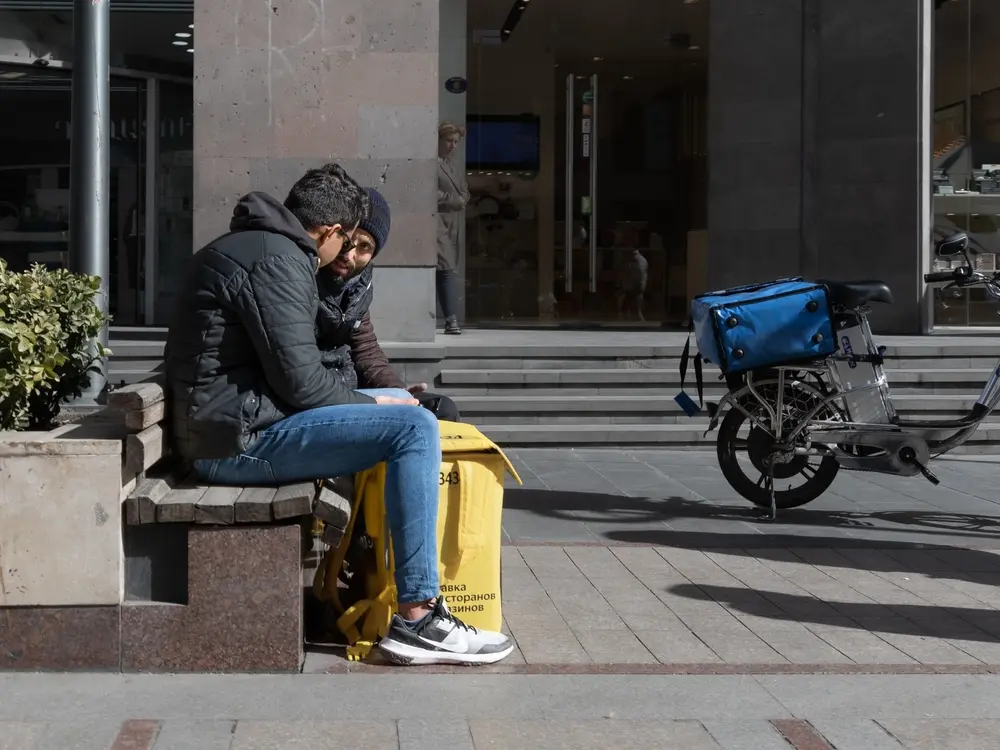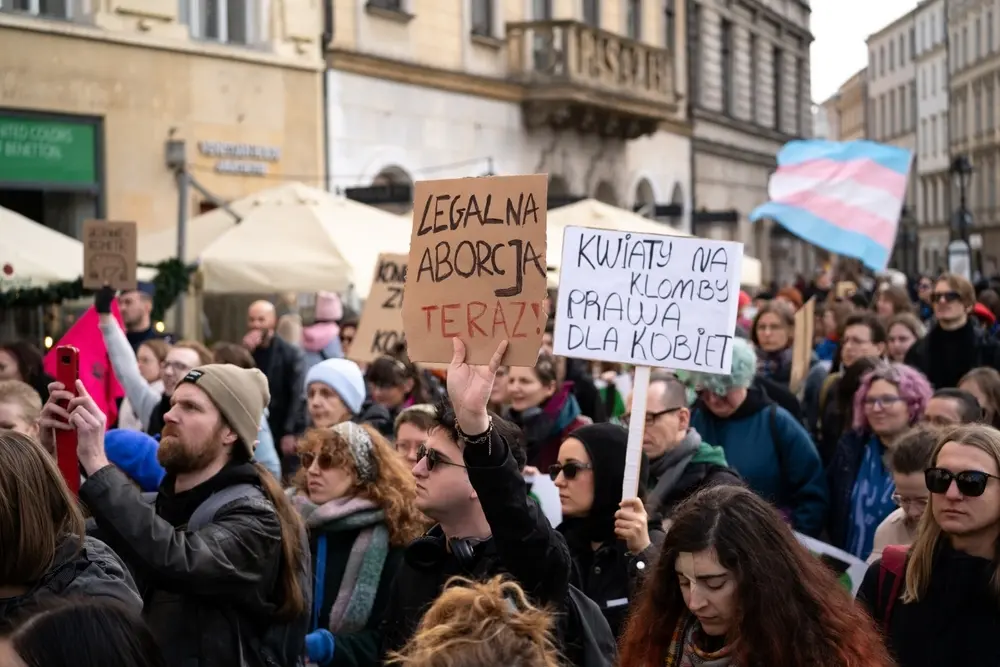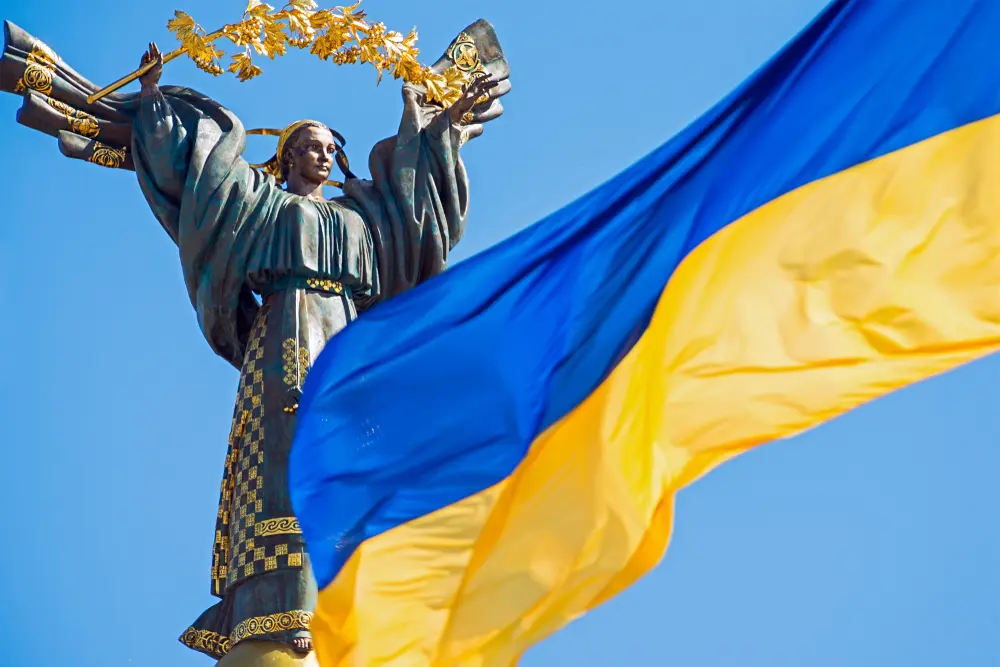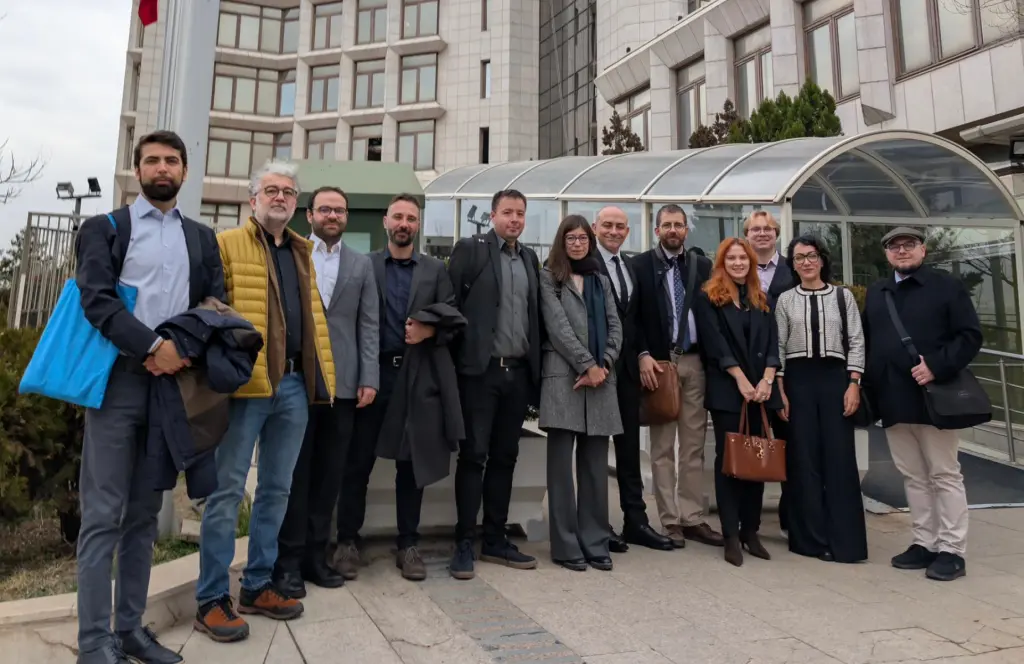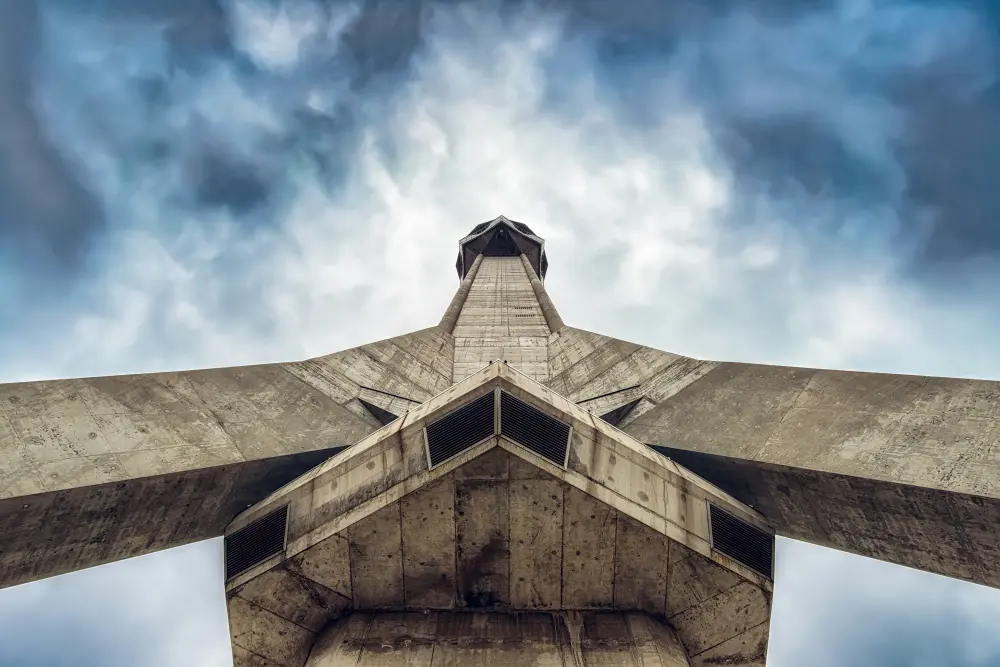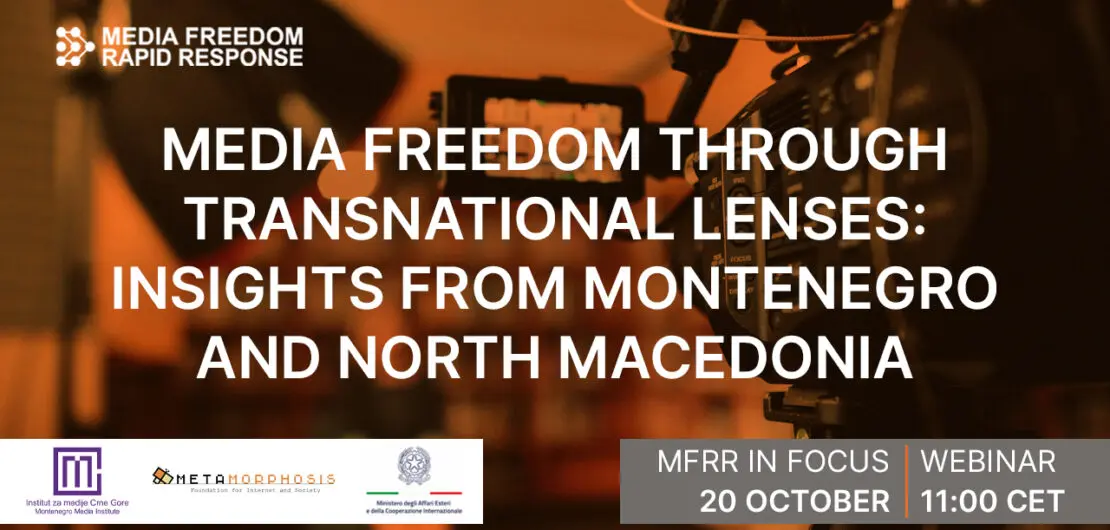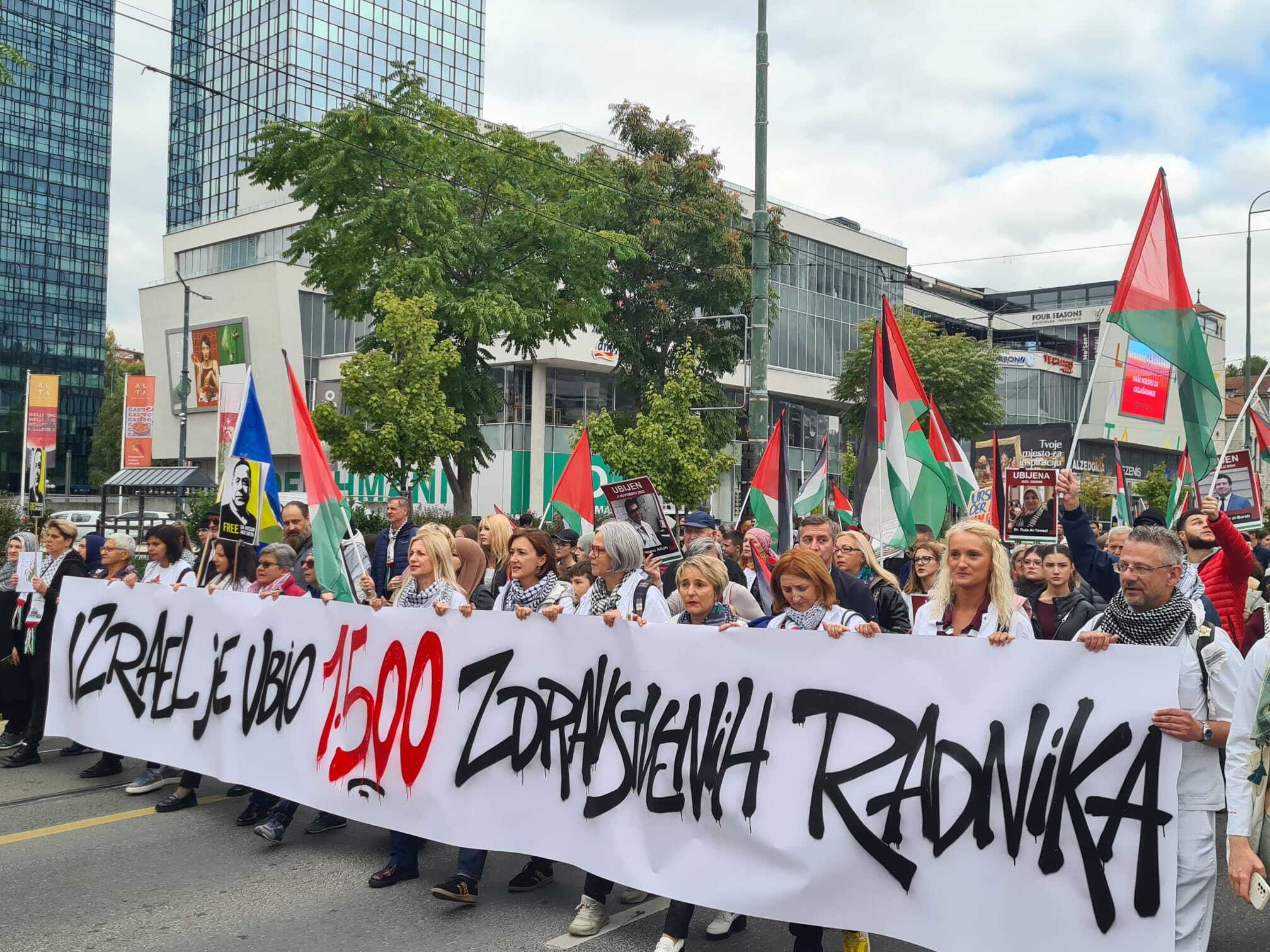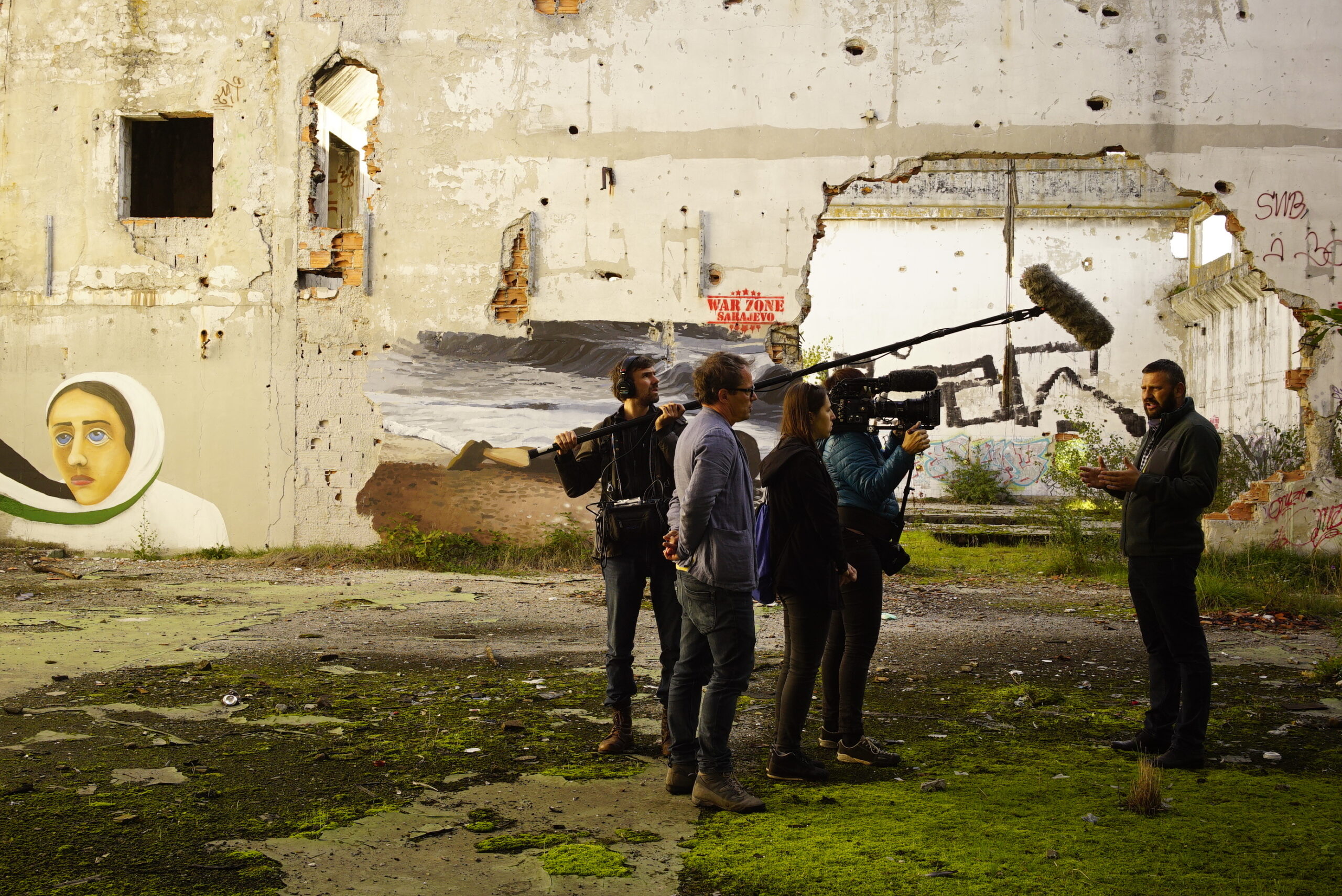- Cohesion policy
18/12/2025, Francesco Martino Radomir
- Road Safety
18/12/2025, Aleksandar Samardjiev Tetovo
- Cohesion policy
17/12/2025, Marco Ranocchiari
what’s trending
- Activism
Building hydroelectric power plants in Albania’s Zall-Gjoçaj National Park is what local activists have been trying to prevent for six years, but they’ve been faced with defamation lawsuits filed by the company “Seka Hydropower,” which are effectively SLAPPs
15/12/2025, Erisa Kryeziu Tirana
- Rights
Four hundred thousand homeless minors, apartments at unaffordable prices, families living in the cold. Housing has become a luxury. The EU is taking action to ensure compliance with one of the principles of cohesion policy: affordable housing
12/12/2025, Alberto Burba
- Informatics
A close collaboration connects the universities of these two cities between Serbia and Croatia, where engineers are trained to work in the growing local automotive industry. However, the development of artificial intelligence threatens to turn the tables
11/12/2025, Giovanni Vale Osijek
- Analysis
An analysis of the forgotten aspects of the Dayton Peace Agreement: human rights as a basis for a just and lasting peace and their importance for the peace talks in Ukraine
11/12/2025, Massimo Moratti
- Early electios
The Srpska Lista – the main party of Kosovo Serbs – will participate in the early elections on December 28th, despite yet another attempt to block its participation in the Electoral Commission by the Vetëvendosje movement, a move that has been heavily criticized internationally
09/12/2025, Mehmet Krasniqi Pristina
- Overview
Legal frameworks that appear modern, healthcare systems that remain uneven, and civil-society groups bridging the distance between them. An overview of access to reproductive care and information in Central and Eastern Europe
04/12/2025, Anna Romandash
From our community: news, appeals and calls to action
- Migration
In Yerevan, many Indian migrants live crammed into apartments and work as delivery riders. Despite hardship, risks, and local mistrust, they find safety and better opportunities, hoping to build a stable life and feel part of the city
19/12/2025, Armine Avetisyan Yerevan
- Cohesion policy
In Bulgaria, as in much of Southeastern Europe, advancing in the workforce is a hurdle race for women. A report from Radomir, where – also thanks to EU funding – new avenues and innovative approaches to the challenge are being sought
18/12/2025, Francesco Martino Radomir
- Road Safety
North Macedonia is one of the European countries with the most dangerous roads. To make them safer, the government has launched the new “Safe City” monitoring system. However, there is controversy and doubt about its use
18/12/2025, Aleksandar Samardjiev Tetovo
- Cohesion policy
Two EU projects promote the gastronomic diversity of Southeast Europe, focusing on disadvantaged groups, depopulated areas, and land conservation
17/12/2025, Marco Ranocchiari
- Activism
Building hydroelectric power plants in Albania’s Zall-Gjoçaj National Park is what local activists have been trying to prevent for six years, but they’ve been faced with defamation lawsuits filed by the company “Seka Hydropower,” which are effectively SLAPPs
15/12/2025, Erisa Kryeziu Tirana
- Rights
Four hundred thousand homeless minors, apartments at unaffordable prices, families living in the cold. Housing has become a luxury. The EU is taking action to ensure compliance with one of the principles of cohesion policy: affordable housing
12/12/2025, Alberto Burba

